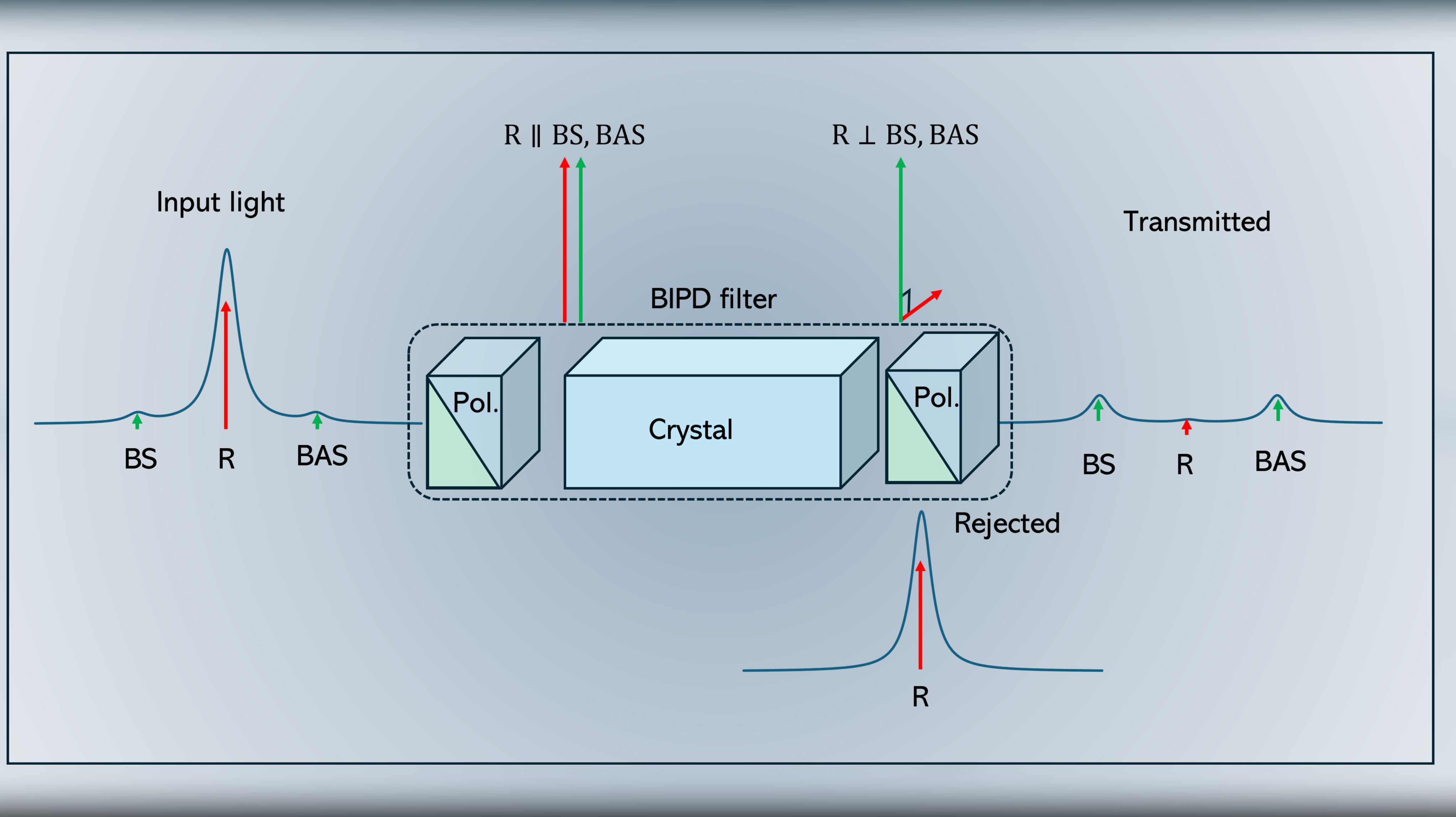Brillouin Light Scattering (BLS) is an all-optical, non-invasive, non-contact, label-free technique for measuring 3D viscoelastic properties in materials. Measuring unique material parameters such as the full elastic tensor [1], liquid-to-solid phase transitions [2], and water content [3] will widely extend the current routinely performed analysis for material characterization, quality assessment, and engineering for space-related applications. Investigating the impact of micro and hypergravity on human cells [4] and the exact mechanisms that control how cells react to mechanical stimuli is essential [5-7]. Understanding those mechanisms will elicit fundamental insights into the key biological processes that affect the physiological body parameters of future astronauts during space flights [8-11]. Strikingly, a Brillouin spectrometer could be integrated into the rovers for on-site geological exploration of several material specimens [12], aiding a sample pre-selection before return to Earth. Existing optical technologies can be leveraged to create a compact Brillouin spectrometer compatible with terrestrial and space mission requirements. However, to successfully perform Brillouin spectroscopy analysis, the dominant elastic Rayleigh backscattered light that typically overwhelms the inelastic BLS must be suppressed [13]. This requires employing complex, bulky and low-throughput ultra-narrow optical filters to suppress this unwanted signal by more than 60dB while transmitting the low-frequency Brillouin peaks. This proposal focuses on developing an ultra-compact Birefringence-Induced Phase Delay (BIPD) filter that utilizes highly birefringent mercurous halides crystals [14-16], significantly increasing stability and extinction while reducing mass and volume. This project represents the first and key step towards developing an easy-to-use state-of-the-art Brillouin spectrometer that offers a viable solution for terrestrial and space experiments.

